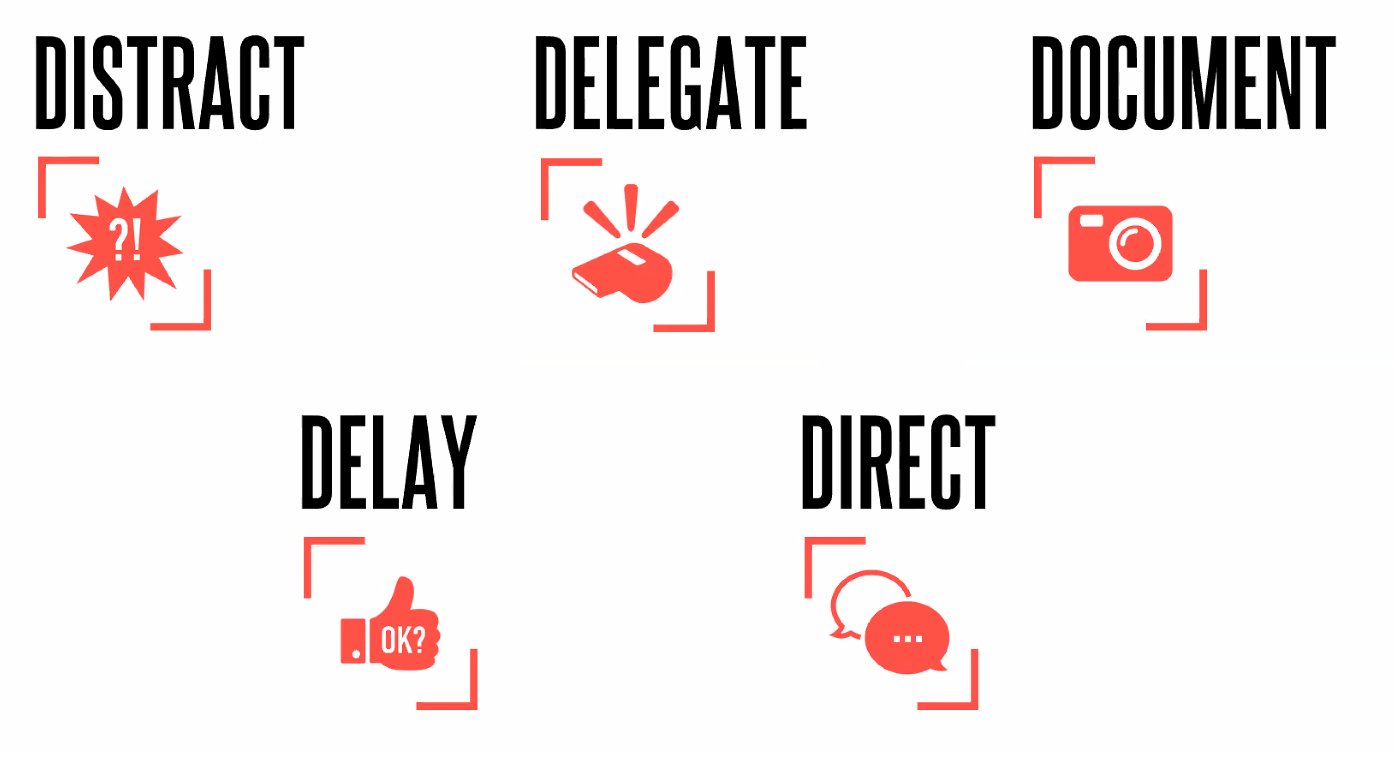How to Respond to Anti-Asian Harassment
Written by: Cas Hom, SDSU Asian Pacific Islander Social Work Association
What is Happening
Discrimination and hate crimes have been on the minds of the Asian American and Pacific Islander (AAPI) community in the past few years, and rightfully so. Although anti-AAPI hate is not new, prejudice, discrimination, and xenophobia directed towards the AAPI community has risen greatly since the start of the COVID-19 pandemic.
What You Can Do
According to Stop AAPI Hate, over half of all hate incidents took place in spaces open to the public such as public streets, public transit, public parks, and businesses. As the amount of hate crimes increases, we are more and more likely to witness one of these incidents. One way we can help to protect our community is to learn ways we can safely intervene when we see an act of prejudice, discrimination, or xenophobia before it escalates into a hate crime.
5 D’s
Right to Be is a people-powered movement to end harassment and part of what they do is empower people to safely intervene in harassment incidents. The “5 D’s” (distract, delegate, document, delay, and direct) are different intervention techniques that can be used when you witness an incident of harassment. These techniques are designed to be safe and not to escalate situations, with four out of the five using indirect methods of intervention. Regardless of which technique (or techniques) that you choose, always remember to keep your safety in mind and only intervene if you feel safe.
Distract: Indirectly deescalate the situation by conversing with the person being harassed about something unrelated to the current situation, such as asking them for directions or “accidentally” drop something or make a commotion to create a distraction.
Delegate: Assess the situation and determine how to best intervene. If there are other people nearby, have another person help you support the person being harassed while you deescalate the situation, or vice versa.
Document: If someone is already intervening and the harmful behavior is continuing or escalating, document the incident. This can include screenshotting online harassment, recording public harassment, taking a photo of the individual causing harm, or writing down notes of the incident. Never post or share a video without the consent of the person being harmed. Putting a video (or even a picture) online can open you or the person who was harmed up to further harassment, doxing, or involvement with law enforcement even when the person harmed doesn’t want that. If the situation ends while you’re present, ask the person harmed if they’d like a copy of the video and let them decide what to do with it.
Delay: Check in with the individual being harassed after the incident. Showing support for the impacted person after the incident has occurred can reduce trauma. Once it is safe, let the person know they are valued, ask them if they need anything or if you can accompany them to somewhere they feel safe. Provide them with any documentation you may have of the incident as well as options for reporting and other supportive resources. (You can find some at the end of this post!)
Direct: Speak up about behavior when it’s happening. Be firm, clear, and succinct. Direct confrontation can be tricky, so be sure to keep your and others’ safety in mind if you choose to use this technique. Visit the Right to Be website for more information on how to safely use direct confrontation to intervene in an incident of harassment.
Reporting
If you or someone you know has been involved in an incidence of hate or harassment, the decision to report may seem scary or difficult. But reporting hate crimes can play an essential part of receiving support, resources, and protection. To assist witnesses and victims of hate crimes, the San Diego Defense Attorney’s office has set up a Hate Crime Hotline as well as an online reporting tool, both of which can be found at the end of this post.
Get support, support others, and learn more about online and anti-AAPI harassment
- Stop AAPI Hate: https://stopaapihate.org/
- Right to Be: https://righttobe.org/
- HeartMob http://www.iheartmob.org/
- Asian Americans Advancing Justice (AAJC) http://www.standagainsthatred.org/
Reporting Tools
- San Diego DA’s Hate Crime Unit website: https://www.sdcda.org/helping/hate-crimes
- San Diego Defense Attorney Hate Crime Hotline: (619) 515-8805








